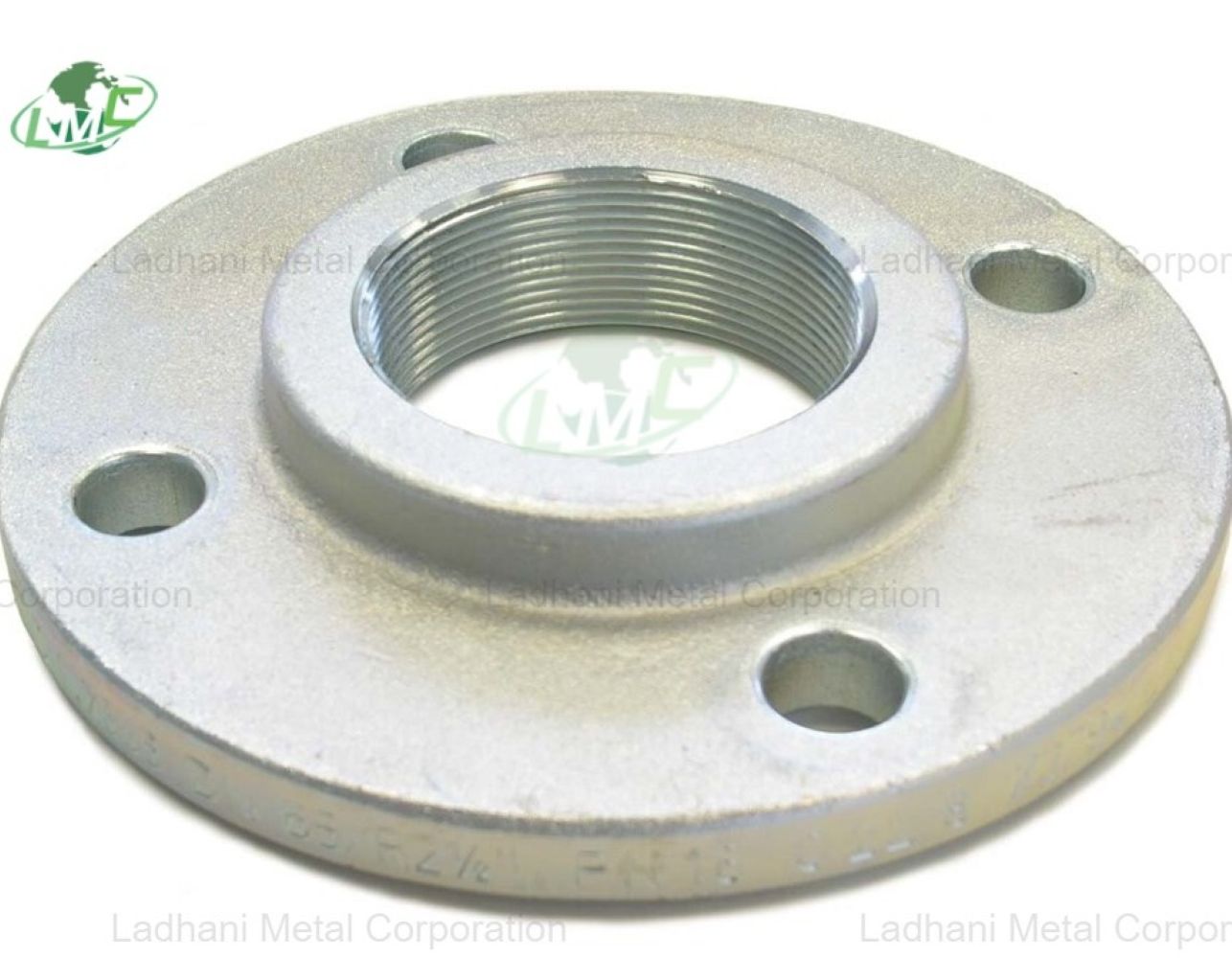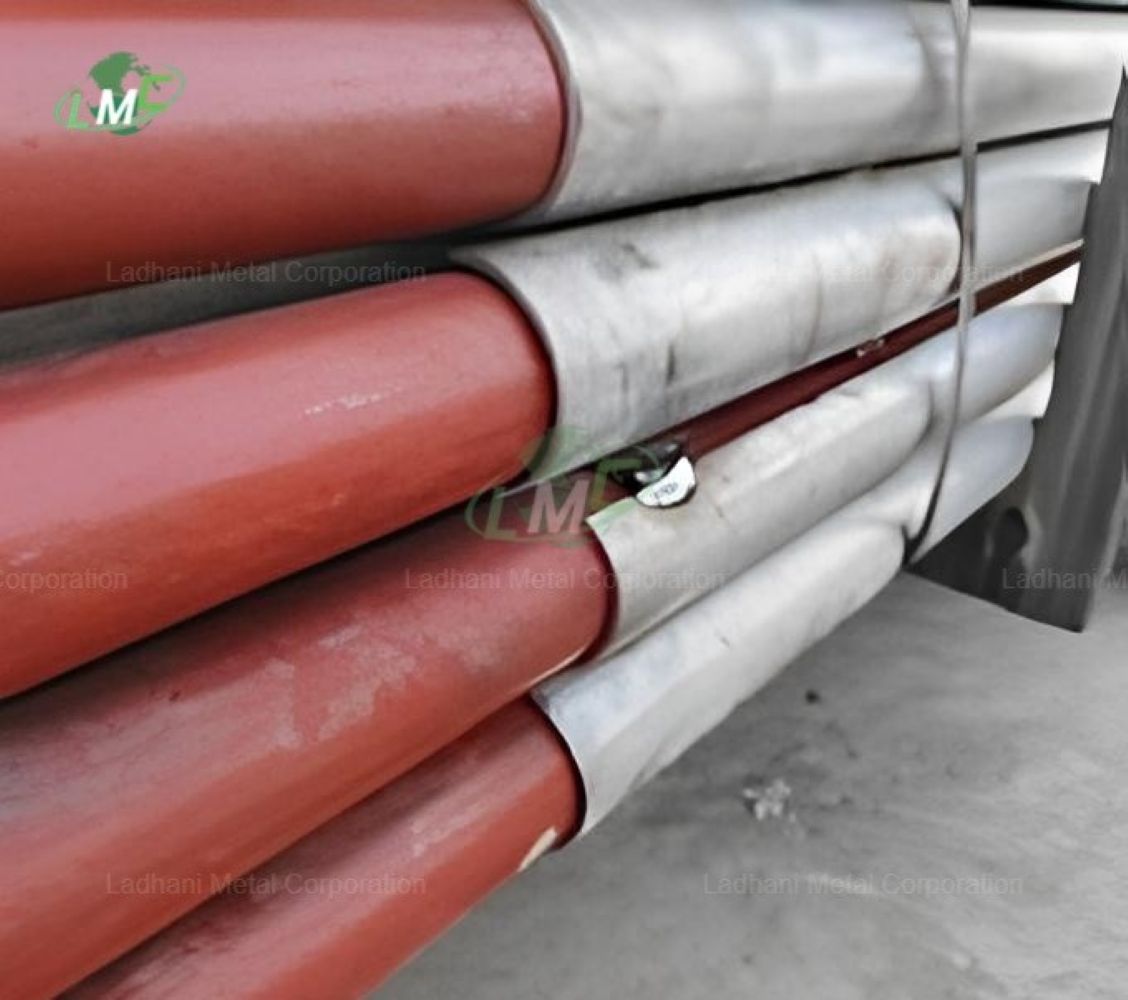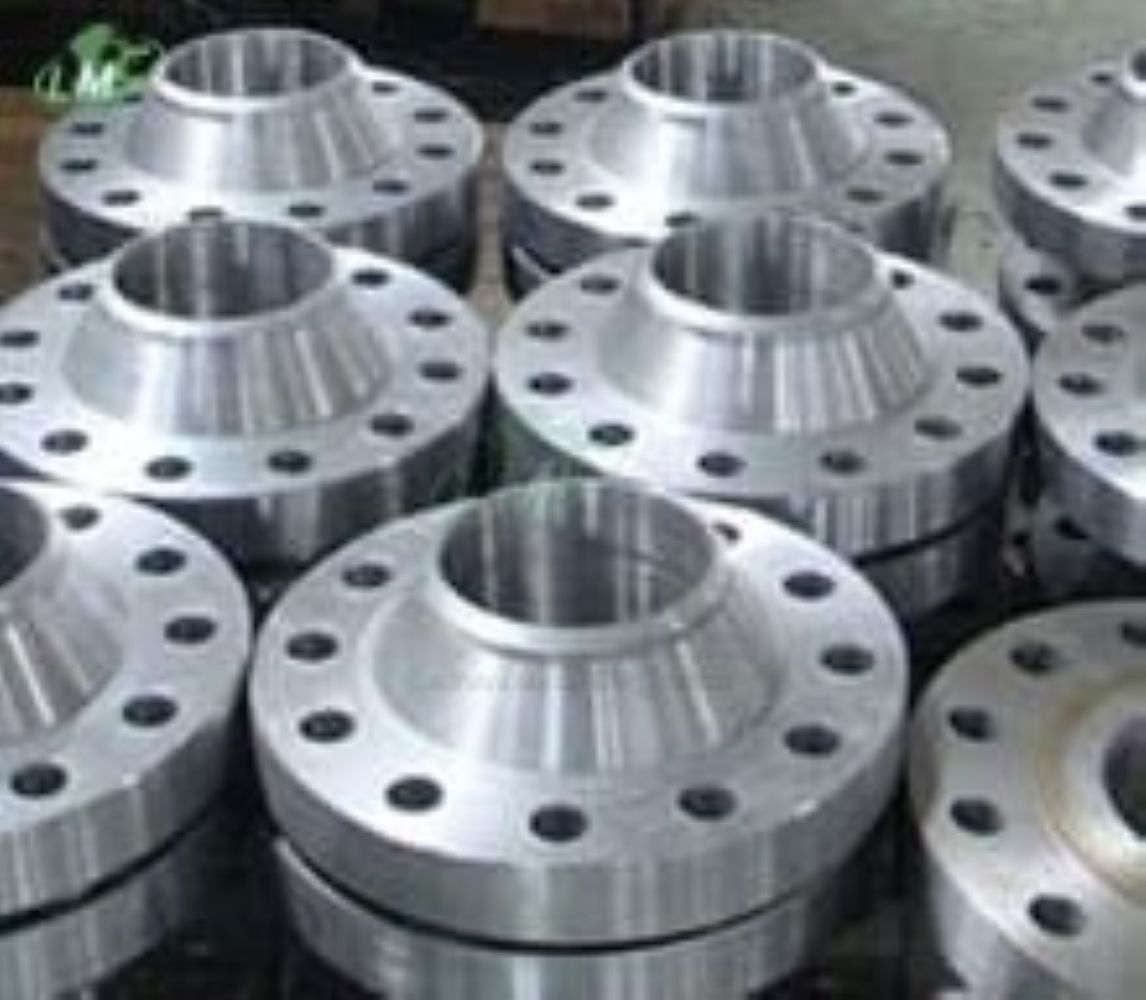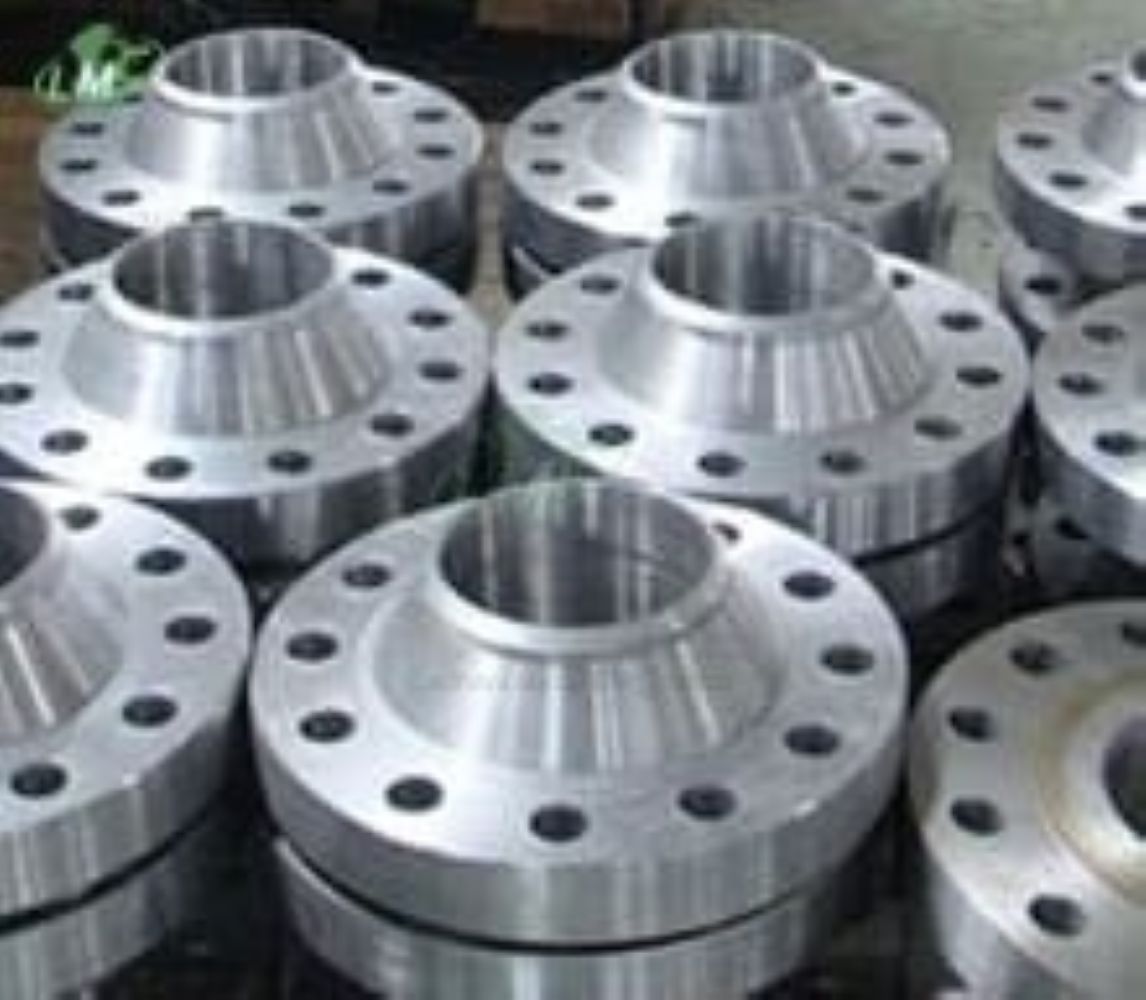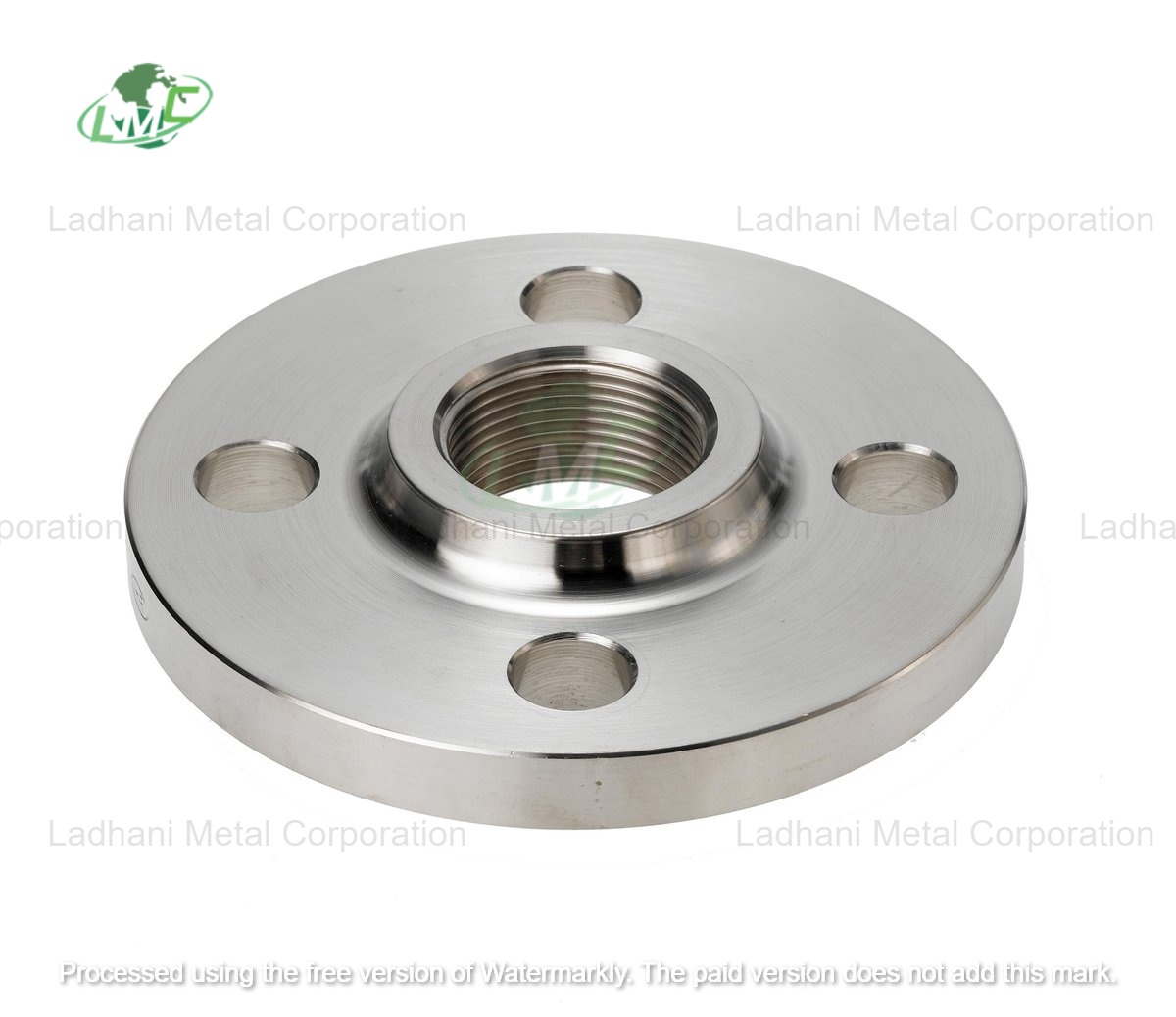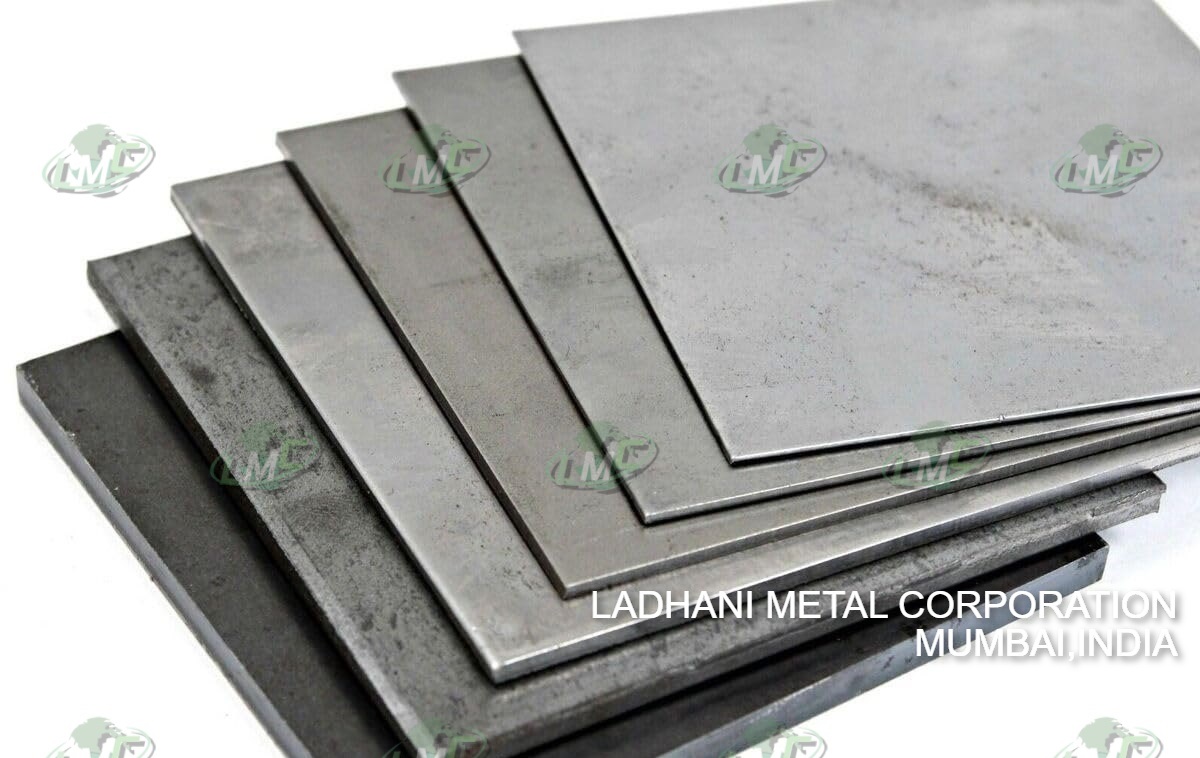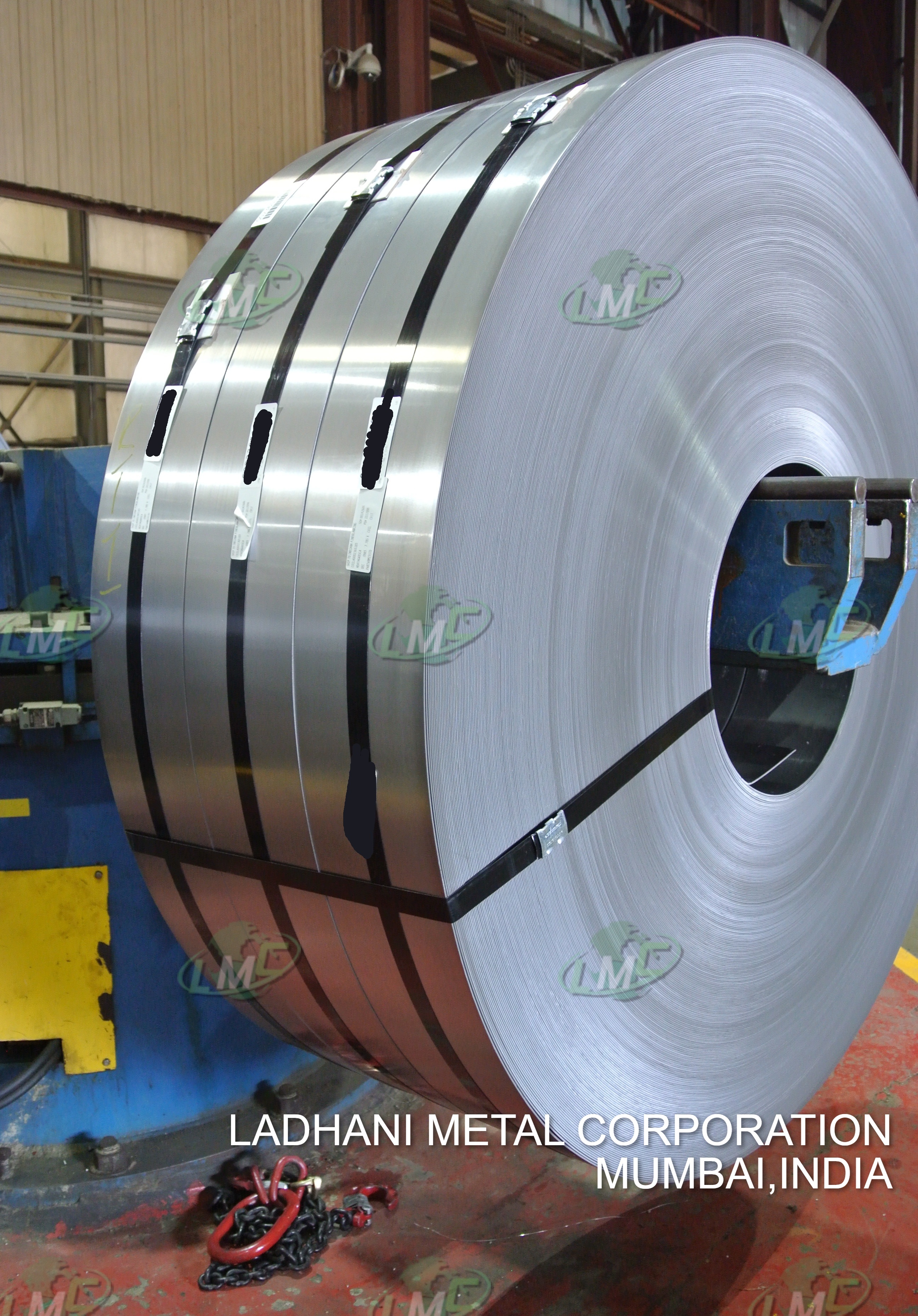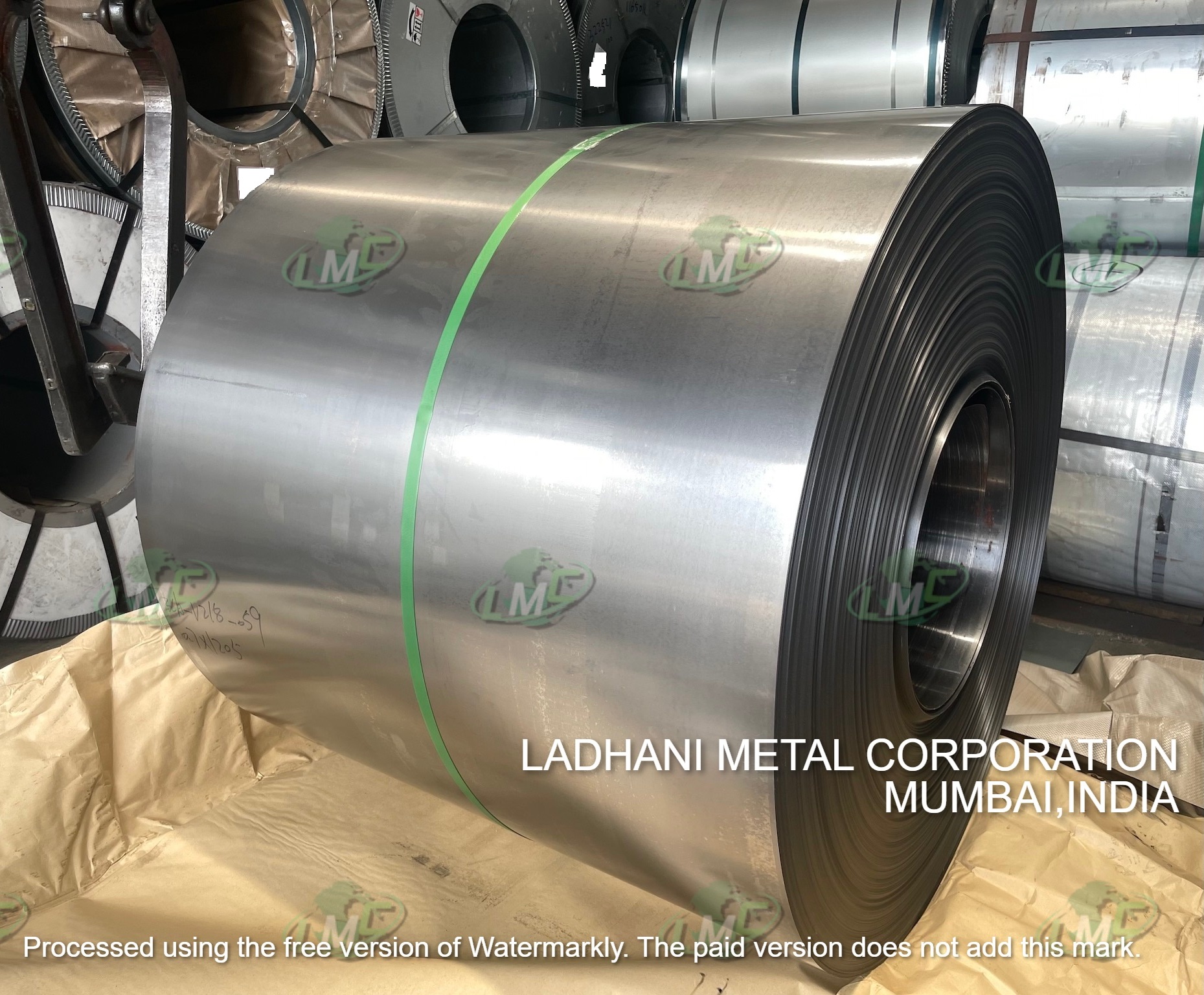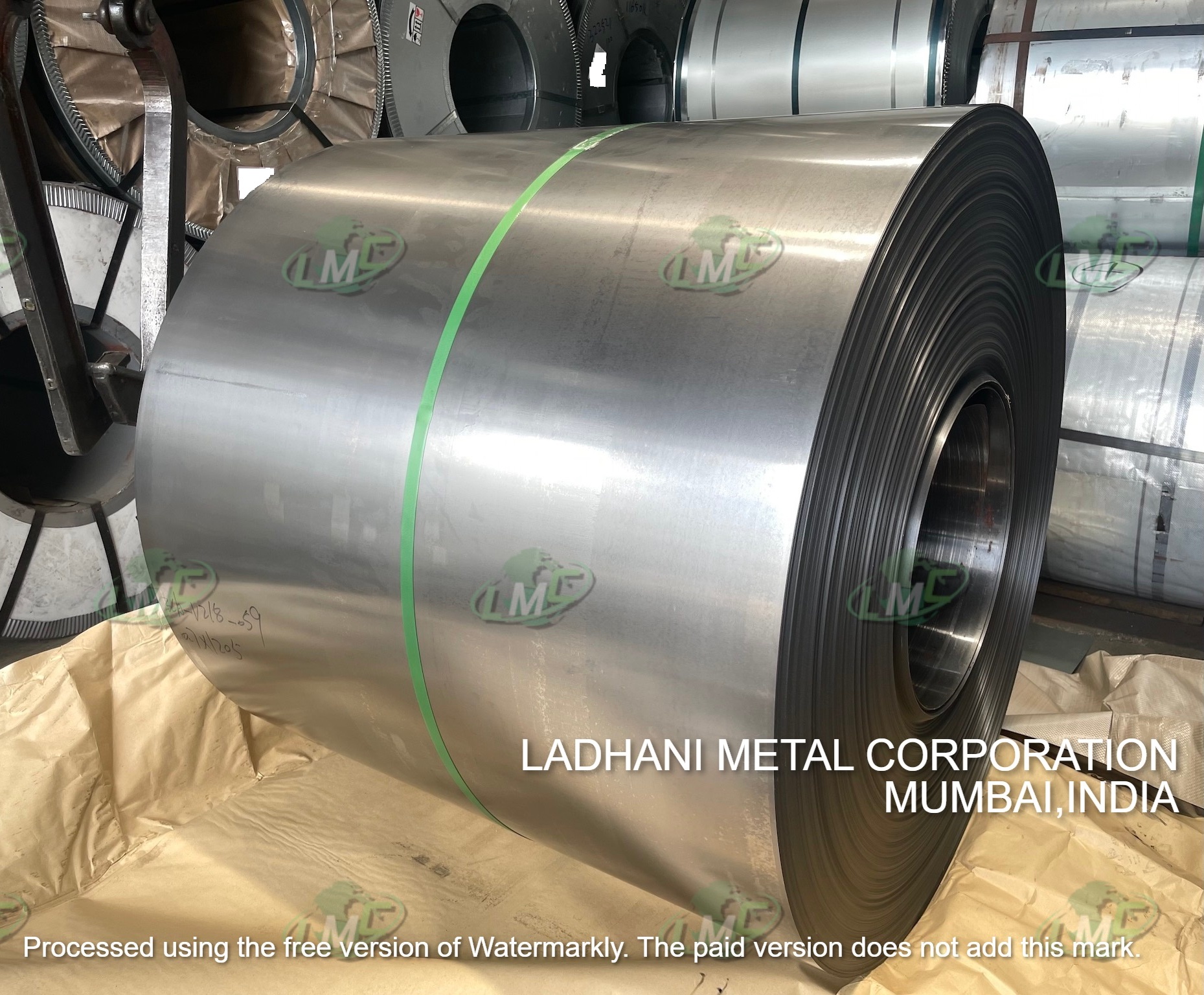DIN 2567 duplex flanges PN 25 and PN 40 are high-performance threaded flanges manufactured according to DIN 2567 standards, specifically engineered for applications requiring superior strength, corrosion resistance, and long service life in aggressive environments. These flanges are ideal for medium to high-pressure systems and are widely used in industries such as oil & gas, petrochemicals, marine, and wastewater treatment. Ladhani Metal Corporation is a trusted manufacturer and global supplier of duplex flanges, offering precision-machined components designed to withstand stress, temperature fluctuations, and corrosive operating conditions. The threaded configuration enables quick, weld-free assembly, making them suitable for systems requiring routine inspection or maintenance. Pressure Ratings: • PN 25 (25 bar / 362 psi): Suitable for demanding fluid systems operating under moderate to high pressure. • PN 40 (40 bar / 580 psi): Built to handle high-pressure flow systems and aggressive environments, ensuring safety and durability under load. Flange Types: • Threaded (Screwed) Flanges Allow for easy connection and disassembly without welding; ideal for maintenance-accessible systems. • Raised Face (RF) Flanges Enhances gasket performance by focusing sealing pressure in a smaller contact area. • Flat Face (FF) Flanges Common in systems using brittle or non-metallic materials, especially in low-to-medium pressure operations. • Forged Threaded Flanges Deliver greater mechanical strength and improved dimensional accuracy. • Custom-Machined Flanges Offered in customized sizes, pressure classes, and duplex material grades to meet project-specific needs. Duplex Steel Grades and Composition: 1. Duplex 2205 (UNS S31803 / S32205) o Composition: Chromium (Cr): 21.0 – 23.0% Nickel (Ni): 4.5 – 6.5% Molybdenum (Mo): 2.5 – 3.5% Manganese (Mn): ≤ 2.0% Nitrogen (N): 0.14 – 0.20% Carbon (C): ≤ 0.03% Silicon (Si): ≤ 1.0% Iron (Fe): Balance Applications: Used in desalination plants, offshore platforms, heat exchangers, and pressure vessels due to its excellent chloride stress corrosion cracking resistance and high mechanical strength. Applications of DIN 2567 Duplex Flanges: • Oil & Gas Industry: Used in pipeline systems, separators, and subsea manifolds • Chemical and Petrochemical Plants: Withstand aggressive chemical exposure, including acids and chlorides • Desalination and Marine Engineering: Excellent performance in saltwater environments • Power Plants: Durable for use in high-pressure steam and cooling water systems • Wastewater Treatment: Corrosion-resistant in sludge, brine, and industrial effluent pipelines • Pulp and Paper Industry: Withstands acidic environments and mechanical abrasion Key Features: • Manufactured as per DIN 2567 standard • Available with PN 25 and PN 40 pressure ratings • High yield strength and stress corrosion cracking resistance • Superior resistance to pitting, crevice corrosion, and chloride-rich environments • Excellent mechanical and fatigue properties under both static and dynamic loading • Supplied with inspection certificates, testing reports, and full material traceability • Compatible with internal linings, coatings, or passivation treatments Conclusion: DIN 2567 duplex flanges PN 25 and PN 40 from Ladhani Metal Corporation are engineered for tough environments where standard stainless steel may fail. With their excellent strength, corrosion resistance, and long-term reliability, these flanges provide a safe and efficient connection solution for critical industrial systems. For detailed specifications, custom requirements, or bulk inquiries, reach out to Ladhani Metal Corporation today.
Send Message
